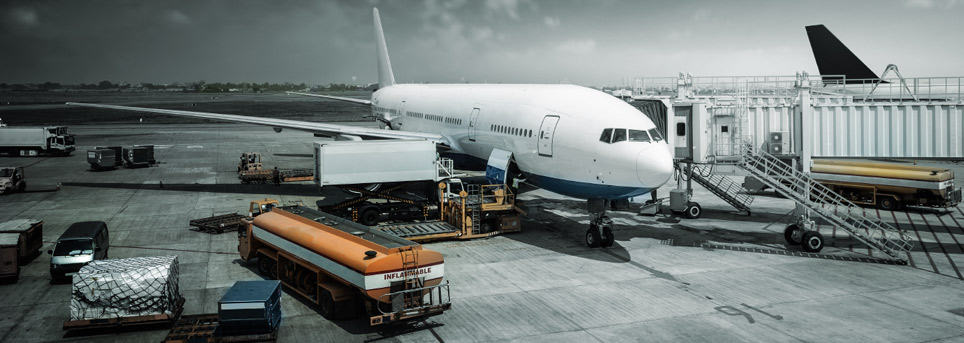When you have chosen one design, over 22 different options, for your South Terminal Baggage Hall, you need to know you have chosen the most efficient, effective option before any costly investment takes place.
Our client at London Gatwick Airport asked us to prove that the chosen design worked effectively with traffic flows in the baggage hall and apron, by running simulations and liaising with stakeholders to ensure acceptance throughout the airport.
As experienced airport consultants, we were able to use our unique simulation tool Transvision AiR, and data provided by Babcock International (who were working on the ‘in’ system baggage simulation) to firstly provide a sophisticated, comprehensive MUP system. This involved working with all the ground handlers and airlines involved within the airport, to acquire the data, for the MUP.

